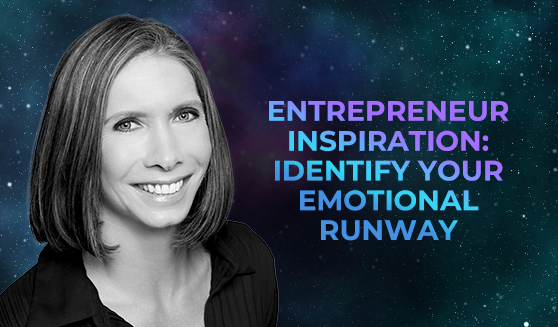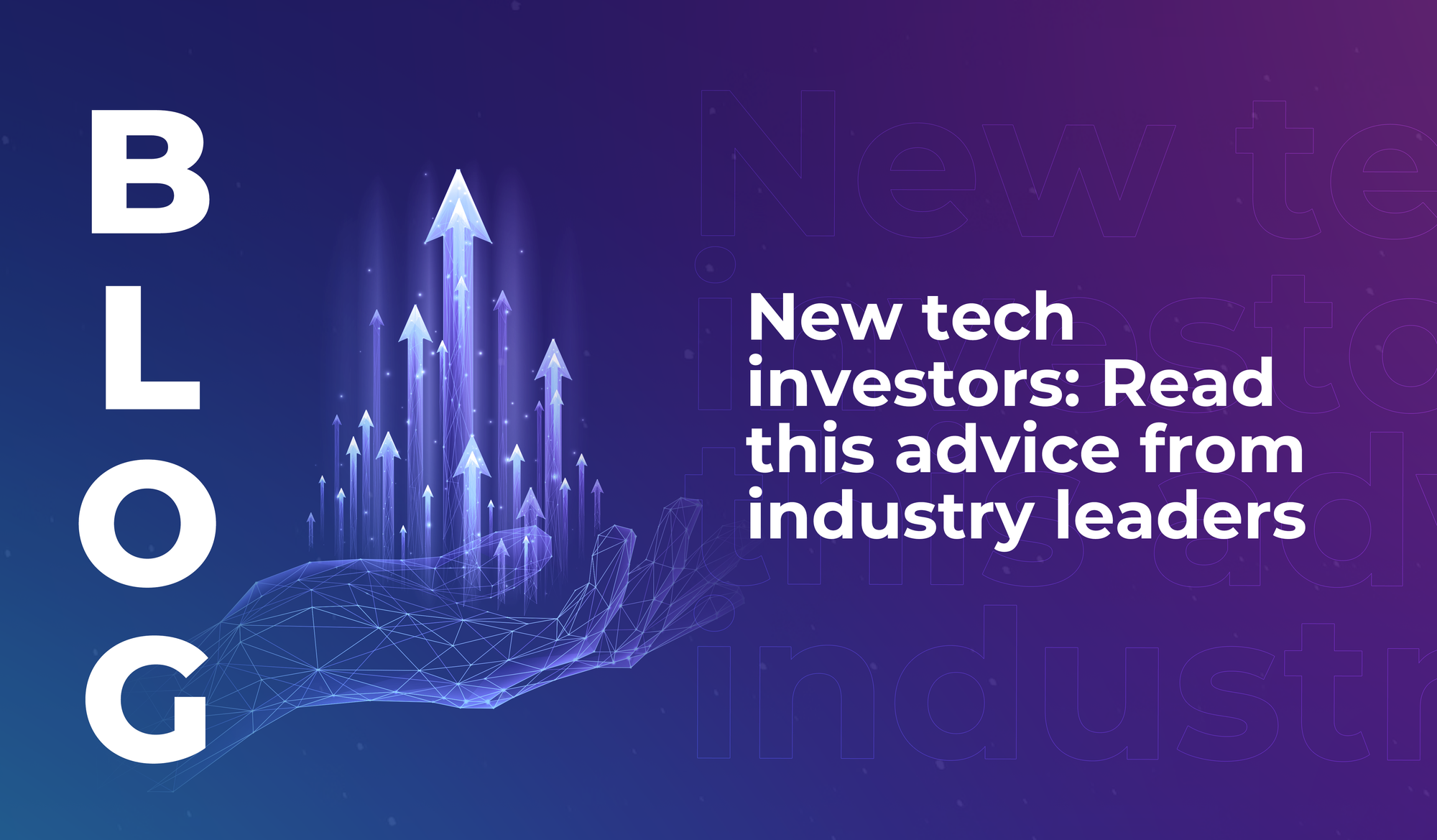
How smart cities are reshaping urban life in 2025
Discover the key drivers of positive smart city development, including collaboration, data literacy, and a sharp focus on sustainability.


If you’re an entrepreneur, you can’t neglect your emotions. How much energy do you have for your idea or startup? Do you have the drive to push your idea from fledgling flight to scalable business?
Laurie Fuller (Venture Partner at Raiven Capital) is one of four renowned experts who will act as mentors for the Mentorship Scheme at #LEAP23 (if you’re a creative startup founder, you can find out more about that here). We recently welcomed Fuller on the LEAP:IN tech podcast to talk about why entrepreneurs should consider finding a coach or mentor, and how to approach that relationship. Something she said about emotions got us thinking – about how we perceive the entrepreneurial spirit, and how entrepreneurs perceive the world.
Fuller pointed out that the ‘financial runway’ is always front-and-centre in conversations between startup founders and their mentors. Whatever stage they’re at, entrepreneurs know the importance of funding; and in coaching relationships, they’re always advised to be clear on when they need to raise their next round of investment, and how much they need to raise.
But what Fuller believes we don’t talk about enough is the ‘emotional runway’. This concept comes from a book called Backable by Suneel Gupta, and Fuller described it like this:
“The emotional runway of a founder is answering the question, how much energy does the founder have? How much energy can she draw on to push this idea forward into a business that scales?”
“We know that bringing a new business into the world requires a lot of stamina,” Fuller added, “long hours, lots of rejection, and continuous problems or challenges to solve.”
So as a founder, in order to pursue an idea from its seed into its full potential, you have to know that it’s genuinely aligned with your passion. The more emotionally involved you are in a project, the more energy you’ll have to get through the inevitable challenges that will come up.
This is no empty hypothesis – research backs the notion that passion is an indicator of success. One notable study, from way back in 2009, found that passion is a key predictor not just of creativity and persistence in business, but also of venture performance. A new 2022 report published in the journal Frontiers in Psychology concluded the same. After analysing data from a wide range of cross-sector research studies, the authors wrote: “there must be a connection between entrepreneurial passion, psychological capital and entrepreneurial success,” – and interestingly, urged that this connection can be enhanced when it’s supported by policies that create a robust ecosystem for entrepreneurs to thrive in.
“So it’s really important as a founder, and as advisors supporting the founder, that we realise intellectual interest in an idea isn’t enough,” Fuller said; “the founder needs to be emotionally invested, not just in the beginning, but years later as you’re looking to scale.”
Which begs the question: how do you know if you do have enough emotional runway to turn an idea into a successful business?
The good news is that your emotional runway doesn’t have to be a mystery. You don’t have to wait until it’s too late to find out if you really have the energy to scale. Instead, adopt an inquiring mindset from the start, and you’ll be able to choose the right business idea for you (specifically you) to pursue.
With an idea in mind, a coach can be valuable in helping you look at it from every possible angle to determine whether it’s the right one to dedicate yourself to. There are the practical questions, like whether the idea has the opportunity to be successful in the market; and there are also emotional questions to factor in. If you think of the idea as an entity in its own right you can build a picture of how connected you feel (or don’t feel) to that entity.
“I think by nature entrepreneurs look at the world as a field of unlimited opportunity,” Fuller noted, and often have many ideas rolling around at the same time. So at discovery stage it can be difficult to know which idea to focus on – and emotions are key to getting to the bottom of that, with questions like:
“Do you have a personal connection to the idea?”
“Have you fallen in love with the idea?”
It’s an active process that should be applied to scaling, too. If you’re considering how to grow a business, you need to look at all of the possible opportunities available to you and consider the connection you and your team have to each of those opportunities. Which ones are you most excited about? Why?
Businesses scale and then fail all the time. Data from CBInsights (gathered through 422 port-mortems of failed startups) shows that 9% of small businesses fail because of unsuccessful geographic expansion. We all know that failure is a reality of entrepreneurial life – and overcoming the fear of failure will also increase your potential for success in the future. But with each idea, take your time. Be curious. Examine the emotions that come up around that idea; and invest yourself wholeheartedly in the projects that truly light you up.

Discover the key drivers of positive smart city development, including collaboration, data literacy, and a sharp focus on sustainability.

Some of the most experienced tech investors in the world share their insights and advice to help new investors on their path to success.

Discover how brain-computer interfaces (BCIs) are creating new possibilities in healthcare and medicine.

Discover the key drivers of positive smart city development, including collaboration, data literacy, and a sharp focus on sustainability.

Some of the most experienced tech investors in the world share their insights and advice to help new investors on their path to success.

Discover how brain-computer interfaces (BCIs) are creating new possibilities in healthcare and medicine.